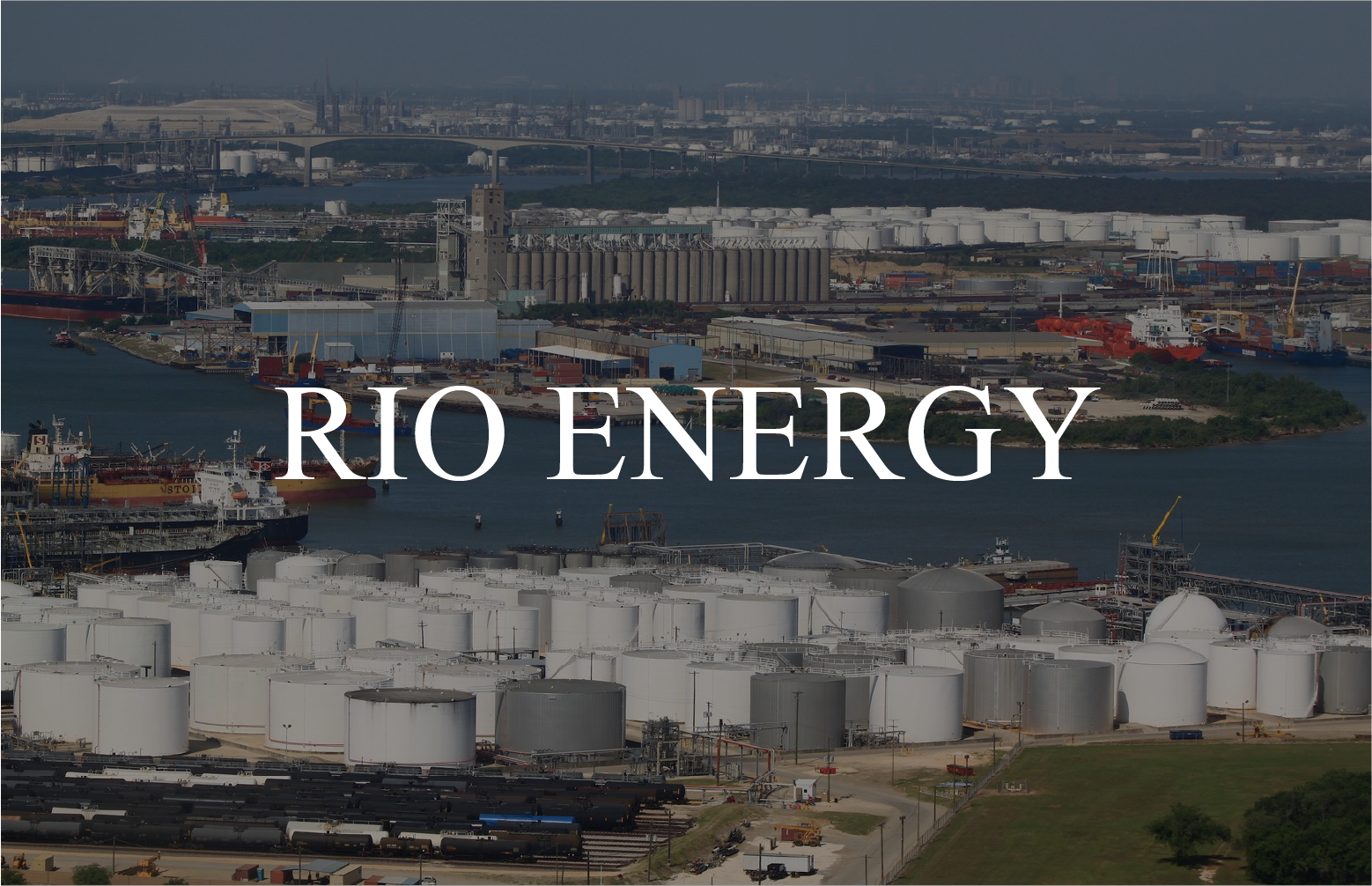Banks are fleeing the commodities business. Deutsche Bank, Morgan Stanley and UBS either closed or downsized their commodities operations last year; this year Barclays, Credit Suisse and JP Morgan Chase have scaled back. As they retreat our experience is, commodity-trading houses are getting more deeply involved in the extraction, shipping and refining of raw materials.
The buyer of JPMorgan Chase’s physical commodities unit was Mercuria, a ten-year-old firm based in Switzerland that started out trading oil but now owns or has joint ventures with oil-exploration companies, oil-terminal and pipeline operators, coal and iron-ore mines and biofuel refineries. Vertical integration of this sort gives trading operations more flexibility and brings valuable commercial intelligence but it also pushes the firms into capital-intensive businesses and compounds their exposure to the commodities cycle.
This shift to vertical integration is reflected in the ever widening scope of our Fusion Suite which provides pre-integrated packaged software solutions that fill the known functional gaps in Triple Point CXL, and other ETRM solutions. These include Reporting, Regulatory Reporting, Stress Testing, Exchange Integration, Operations Management, Blending, Terminal Inventory Management, Billing Management, etc.
Whilst America has some big commodity firms, including Archer Daniels Midland, Cargill and Koch Industries, the real behemoths are based in Switzerland. Vitol, which started out in 1966 trading oil achieved $307 billion in sales in 2013. In addition to its trading business, it also owns or charters ships to transport crude oil, petrol, gas, coal, chemicals and sugar. In addition it refines 350,000 barrels of oil a day and owns a power plant in Britain. Glencore had $233 billion in sales last year. It both mines and markets coal; its oil businesses span exploration and distribution and its agricultural assets include farms, processing plants, storage and distribution. Trafigura, another commodities giant based in Switzerland, had sales of $133 billion in 2013. It too takes a cradle-to-grave approach the firm’s oil business, for instance, includes everything from exploration to petrol stations.
Such integration may improve trading margins, by getting commodities firms into lots of low-margin, capital-intensive businesses like shipping and mining. However this only works well when commodity prices are stable or rising. The risk is this move will leave them woefully exposed to the next recession. Even the largest trading houses have limited pricing power in markets that are highly cyclical and more prone to unanticipated events such as war, nationalisation and financial crises. As traders, they could ride out and often profit from such crises. But the assets they are snapping up will become far less valuable if the global economy sours. Big oil firms are pursuing the opposite strategy, selling infrastructure in an effort to improve returns. Carlyle International Energy Partners, an investment firm, estimates that they have $300 billion of assets on the block.
The commodities firms’ growing integration is also attracting the attention of regulators, particularly in America and the European Union. They fear that the traders’ ownership of infrastructure allows them to manipulate local prices, even if they do not have the heft to rig global markets (an American regulator accused the unit JPMorgan Chase sold to Mercuria of such behaviour last year, and extracted a $410m penalty). Earlier this year Mukhisa Kituyi, secretary-general of the United Nations Conference on Trade and Development, accused the industry of “corruption and illicit financial flows” and “large-scale trade mispricing” in developing countries. The Swiss government, for its part, says the industry must be more transparent, while the Swiss parliament is examining its record on human rights and the environment.
For our part Fendahl is focusing on ensuring that you have complete transparency on your trading positions and the flexibility to respond to sudden market changes which in the current climate has never been more important.





